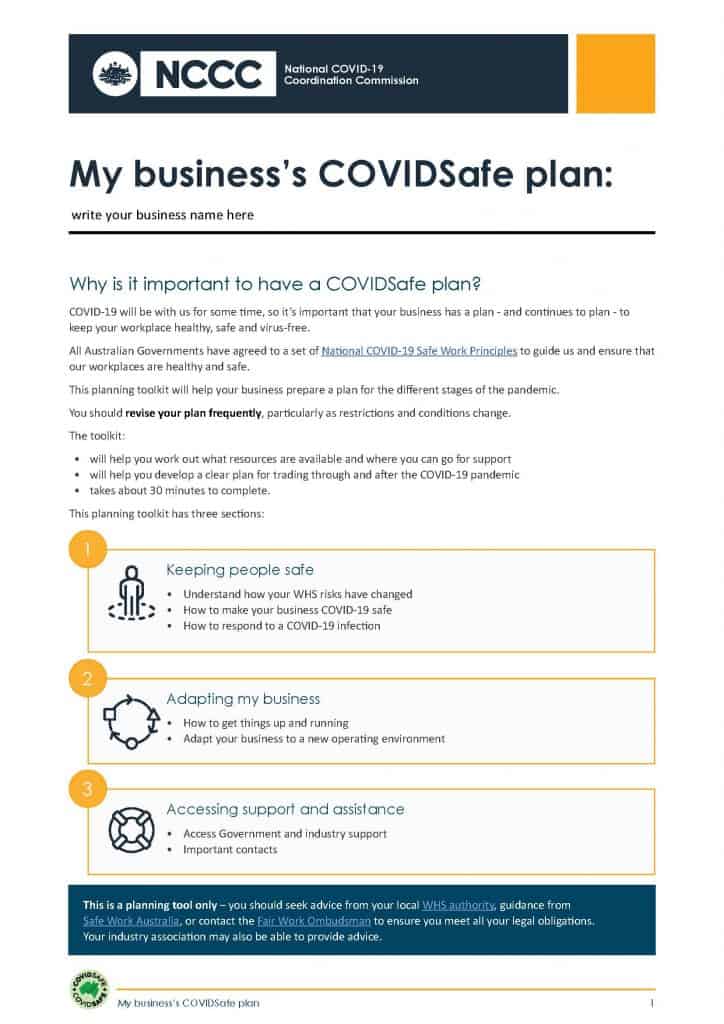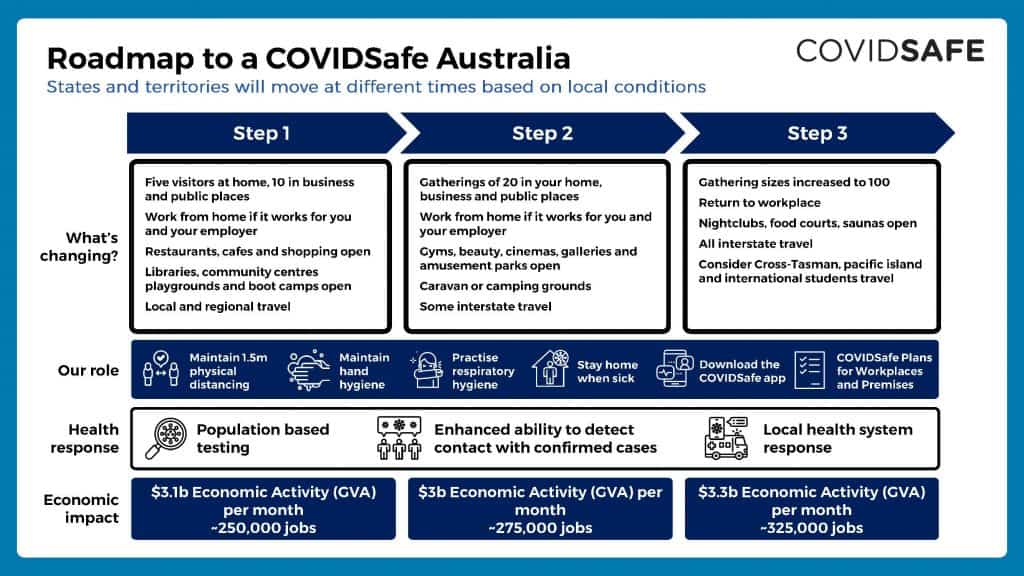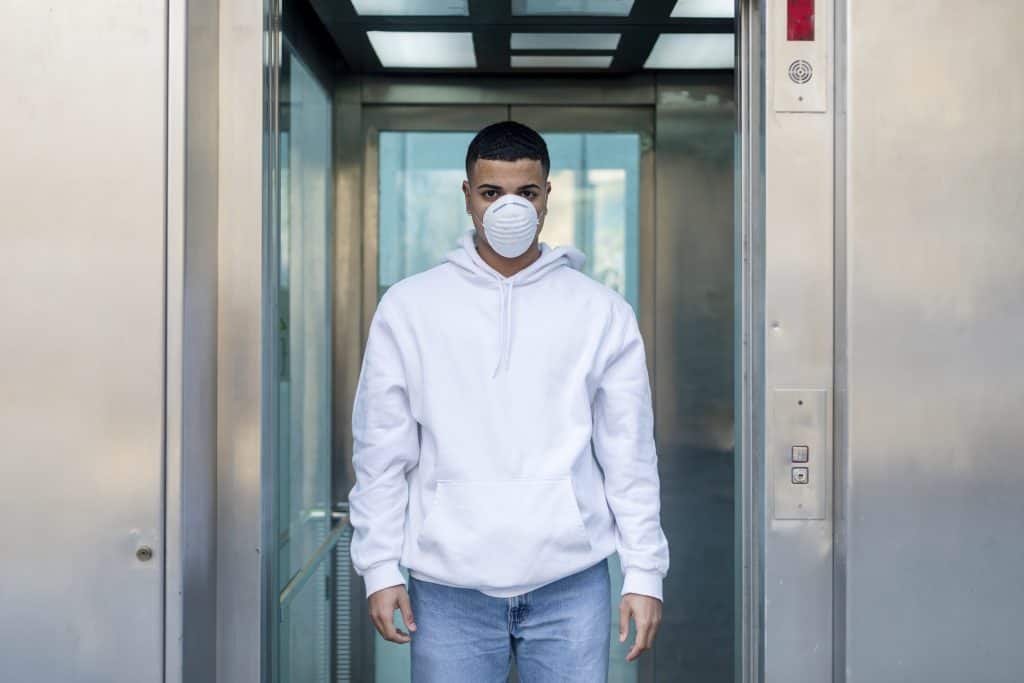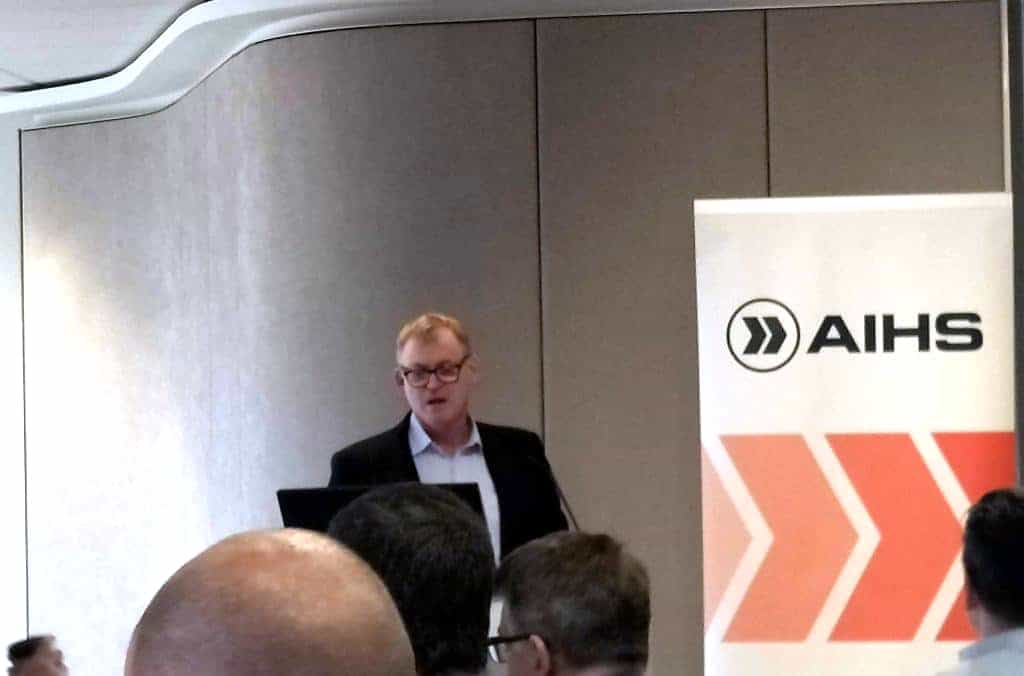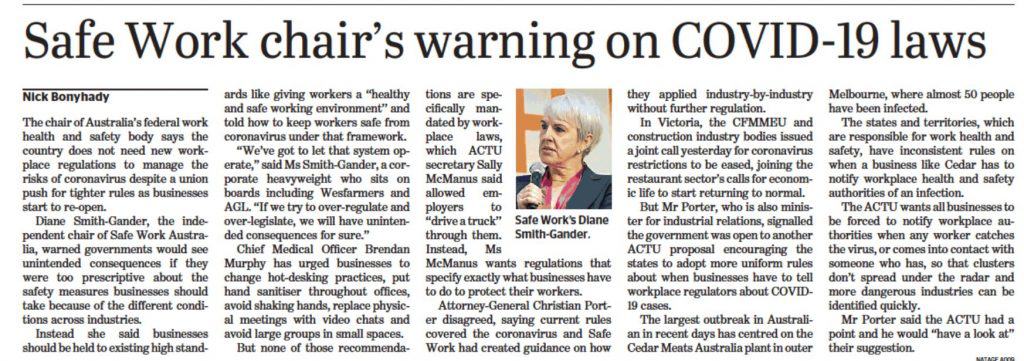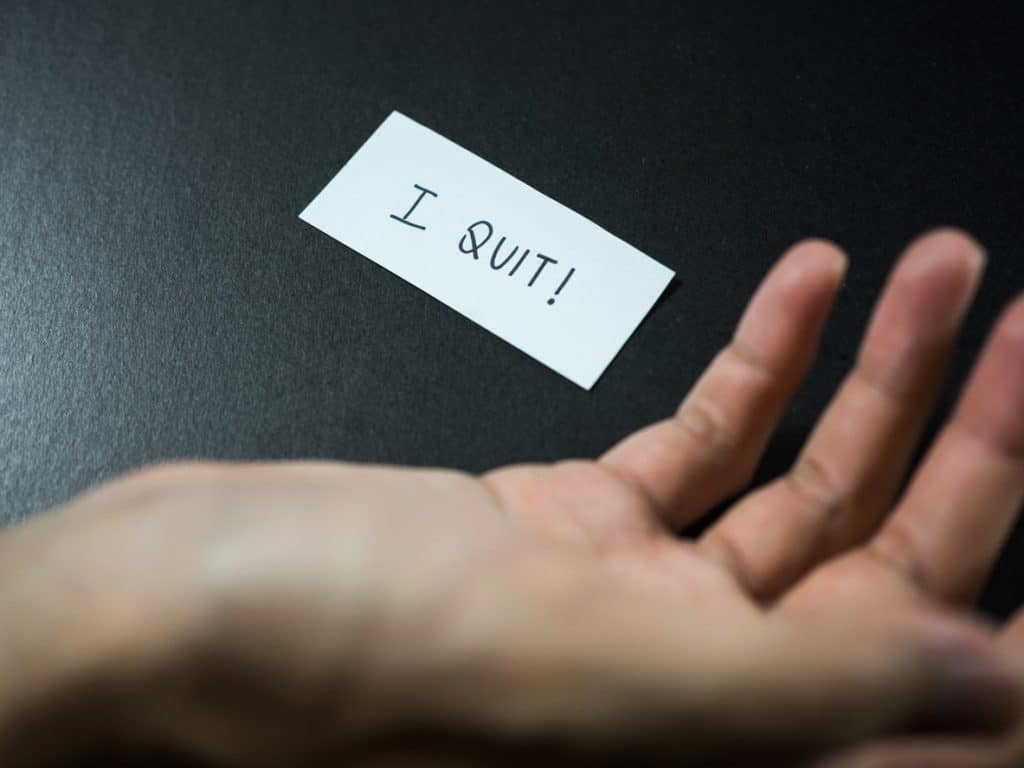
On May 15 2020 Australia’s National Cabinet supported the National Mental Health and Wellbeing Pandemic Response Plan developed by the National Mental Health Commission. The focus was on the mental health impacts of the COVID-19 Pandemic but in the text was a reference to a National Suicide and Self Harm Monitoring System developed and run by the Australian Institute of Health and Welfare (AIHW). Given the dearth of valid data on suicide and after an earlier article questioning datasets, SafetyAtWorkBlog posed some questions to the AIHW about the monitoring system.


